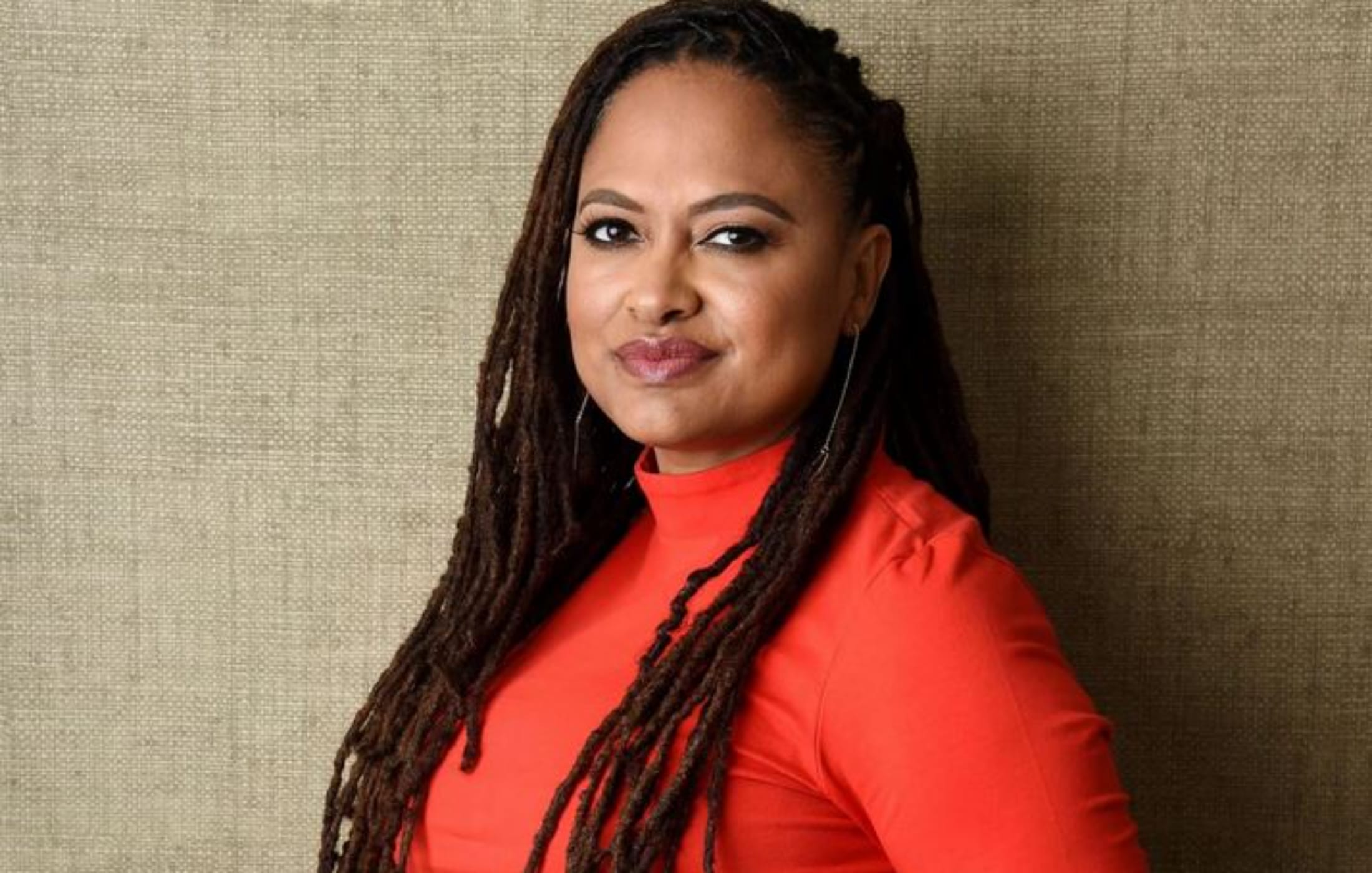Ava DuVernay is a name that resonates deeply within the film industry, symbolizing innovation, representation, and excellence in storytelling. As a director, she has carved out a unique space for herself, creating films that not only entertain but also provoke thought and inspire change. DuVernay's work often focuses on themes of social justice, race, and identity, making her a pivotal figure in contemporary cinema.
This article delves into the life and achievements of Ava DuVernay, exploring her early beginnings, career milestones, and the impact of her work on both the film industry and society at large. We will also examine her approach to filmmaking and the values that drive her creative vision.
Join us as we celebrate the accomplishments of Ava DuVernay, an influential director whose films have not only garnered critical acclaim but have also ignited important conversations around race and equality. Let's take a closer look at her journey and the significance of her contributions to the world of cinema.
Table of Contents
- Biography of Ava DuVernay
- Early Life and Education
- Career Highlights
- Notable Works
- Ava DuVernay's Directing Style
- Awards and Recognition
- Impact on Society and Film Industry
- Conclusion
Biography of Ava DuVernay
| Full Name | Ava Marie DuVernay |
|---|---|
| Date of Birth | August 24, 1972 |
| Place of Birth | Long Beach, California, USA |
| Occupation | Director, Producer, Screenwriter |
| Notable Works | Selma, 13th, A Wrinkle in Time |
Early Life and Education
Ava DuVernay was born in Long Beach, California, to a middle-class family. Raised primarily by her mother, she developed a passion for storytelling at a young age. DuVernay attended UCLA, where she earned a degree in English literature. It was during her time at university that she became deeply interested in film and began to explore the world of directing.
Influences and Inspirations
DuVernay cites various filmmakers and writers as her inspirations, including Spike Lee, Julie Dash, and Toni Morrison. Their works have significantly shaped her approach to storytelling, particularly in how they address themes of race and identity.
Career Highlights
DuVernay's career began in the early 2000s as a publicist for various films. However, she quickly transitioned to directing, with her first feature film, "I Will Follow," released in 2010. This marked the beginning of her ascent in the film industry.
Breakthrough with "Selma"
In 2014, DuVernay directed "Selma," a historical drama about the civil rights movement and Martin Luther King Jr.'s efforts to secure voting rights for African Americans. The film received critical acclaim and earned several award nominations, solidifying DuVernay's status as a leading director.
Notable Works
- Selma (2014) - A film that chronicles the 1965 voting rights marches from Selma to Montgomery, Alabama.
- 13th (2016) - A documentary that explores the intersection of race, justice, and mass incarceration in the United States.
- A Wrinkle in Time (2018) - A fantasy adventure film based on the novel by Madeleine L'Engle, showcasing themes of empowerment and love.
- When They See Us (2019) - A limited series that tells the story of the Central Park Five and the injustices they faced.
Ava DuVernay's Directing Style
DuVernay's directing style is characterized by her commitment to authenticity and her focus on diverse narratives. She often collaborates with a diverse cast and crew, ensuring that underrepresented voices are heard in the filmmaking process.
Focus on Social Justice
Many of DuVernay's projects tackle issues of social justice, race, and identity. She aims to challenge societal norms and provoke discussions around important topics that affect marginalized communities.
Awards and Recognition
DuVernay's work has earned her numerous awards and accolades, including the following:
- Directing Award at the Sundance Film Festival for "Middle of Nowhere" (2012)
- NAACP Image Awards for Outstanding Directing
- Academy Award nomination for Best Picture for "Selma"
- Emmy Award for "When They See Us"
Impact on Society and Film Industry
Ava DuVernay's contributions extend beyond her films. She has been a vocal advocate for diversity and inclusion in Hollywood, working to create opportunities for underrepresented filmmakers. Her efforts have paved the way for a new generation of storytellers.
Creating Opportunities for Others
DuVernay founded ARRAY, a distribution company that focuses on films by women and people of color. Through ARRAY, she aims to uplift marginalized voices and ensure their stories are told.
Conclusion
Ava DuVernay's journey as a director is a testament to her talent, resilience, and commitment to social justice. Her films not only entertain but also challenge audiences to reflect on important societal issues. As we continue to celebrate her achievements, let us also support the ongoing fight for representation and equality in the film industry.
We invite you to share your thoughts on Ava DuVernay's work in the comments below. If you found this article insightful, consider sharing it with others or exploring more content on our site.
Thank you for reading, and we hope to see you back here for more engaging discussions on film and culture!




